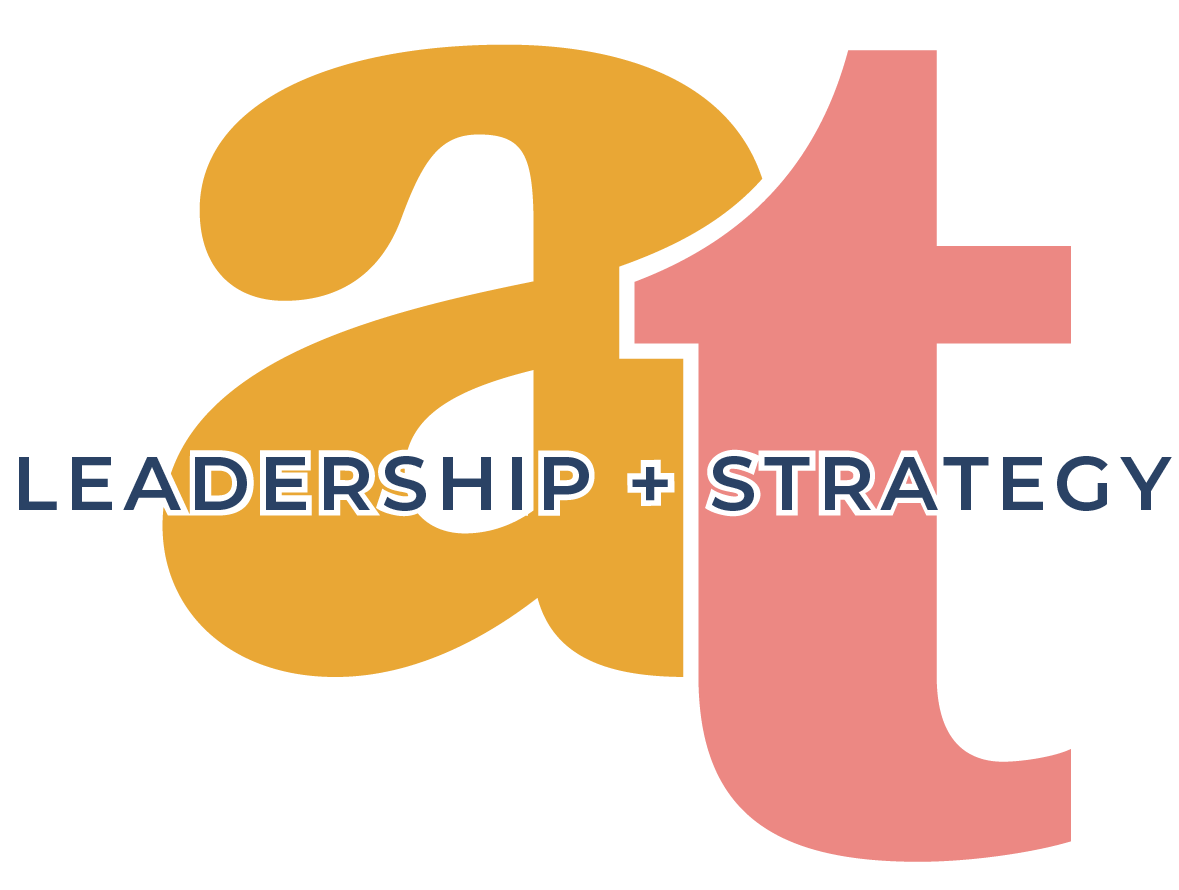The Five Pillars of Business Organization
Is this the year you plan on getting organized? Good! I can help.
As an operations strategist, I live and breathe getting things done quickly and efficiently. The five pillars in this article are ones I personally use and that my clients have successfully used to break through growth plateaus.
The Five Pillars are:
Templates
Systems
Simplicity
Proactivity
Flexibility
Read on to find out what each involves and some practical ways to follow them in your business.
1. Templates
Templates are a key tool for me to get things done quickly and efficiently. When it comes to templates, I always focus on three major areas: workflow, emails, and contracts.
✨ Workflow. To create the perfect workflow, think about your dream scenario of how you want to deliver and service a client. Have every step from the moment they say hello to the moment they say goodbye. And then think about your worst client ever—and all the mistakes you made—and make sure that that workflow covers it.
✨ Emails. Now that you've got a workflow, you know exactly what emails need to go out. So go ahead and have a template for each one and save it in a Google Doc—or do my way, which is turn on templates in Gmail.
✨ Contracts. If you don't have a contract template, get one and then use an app like Dubsado to go from proposal to contract to invoice to paid.
2. Systems
Someone's going to have a question for me and I need to be able to give them an answer and I can't do that unless I can easily find things by having an organized structured process and system for every area, including email, calendar, et cetera.
The four areas I make sure to put all of my effort into keeping organized are my inbox, my calendar, my communication software (Slack), and my project/workflow software (ClickUp).
✨ Inbox. For my inbox, I personally use status labels, department labels, and filters to automatically categorize emails by client. That way they're always easy to find.
✨ Calendar. I use theme days in my calendar so I can easily know that on Thursdays I'm going to work on content or Tuesdays I'm going to work on projects.
✨ Communication software. I keep my Slack channels organized by putting all the similar ones in the same folder.
✨ Filing. Your document management software should be online because it's 2021 and we need to access things everywhere and consistently name your files in a similar pattern and also organize by department or by client so that it's easy to find, everyone can know where to go.
✨ BONUS: Color coding! As an added nerdy bonus, color code all the things they match across the board because that just makes us happy.
3. Simplicity
You can make as many systems as you want, but if they're complicated and really hard to maintain, you're not gonna keep up with them.
Like they're doomed to fail.
You've got to keep it simple enough that you can pass it off, that you can collaborate with, that other people can understand it, and if you make it really complicated for yourself, if it takes a lot of time to finish it or to keep up with it, or at the moment you don't do it one day, it's completely ruined, you're setting yourself up for failure.
So when it comes to organization, have a system, make it smooth, but keep it simple.
4. proactivity
The key to any organizational system, the key to being organized in your business, is to actually try to avoid problems by thinking ahead about what could go wrong.
So your workflows and your templates should be made of the best and the worst case scenarios. If you miss an email because of your system, then there may be a flaw in your system.
Or if an issue comes up with a client that you never expected, but it happens and it causes you problems, make changes to your systems and workflow. But make sure they're what you really need so the issue doesn't occur again.
That's how we make these workflows actually work for us.
They should be beneficial. They're an investment of our time, but they're intended to streamline for all potential situations. So be proactive and think ahead of how to avoid problems.
5. Flexibility
Flexibility is super important and may be the key. Have you ever noticed that a person who is really organized, they've got a system, and they really do not like it if you mess up their system?
Well, if you are that person, I encourage you to understand that how people take in information may not be the way you create it or organize it or present it.
Learn what your team needs. Are they better visually? Are they better with summaries? Are they better when they focus on what's due? You've learned what you need to be successful, but to work with your team, you have to understand their needs, too.
Because the truly strongest way to be organized in a business is to understand the needs of everyone—as a part of your company or a part of your team—and help them be as organized as you by presenting the information or their assignments in the most palatable way to them.
Using organization to serve your team needs is next level boss vibes!
Wrap up
When you implement these pillars in your business, you'll see all kinds of benefits. Templates give your clients a consistent experience that keeps them happy and gets you paid faster. Systems make sure you can find what you need and know what you should be doing. Simple things are easier to understand and harder to break. Being proactive means foreseeing problems and taking steps to avoid them. And flexibility allows you to meet the needs of your team so they can do their best work.
Need to know what systems are missing in your business and what can be done to fix them? A VIP Strategy Day is the perfect way to identify and strategize your way towards business optimization!



